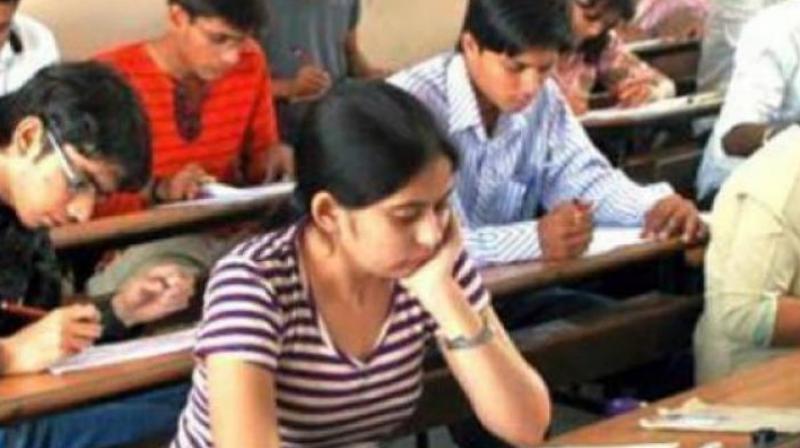Resistance to Neet detrimental to Tamil Nadu
Where the policy went haywire was in protecting the State students from exposure to true competition

Most of the arguments against the national medical and dental entrance test Neet have to do with the commerce of education. It is as simple as private colleges not wanting to lose out on their biggest revenue stream, which is admission. Tamil Nadu has been making even more of a song and dance about NEET (National Entrance-cum Eligibility Test) on the grounds that its rural students are at a distinct disadvantage, a line of reasoning with which the late Jayalaithaa imposed her will on the nation in keeping the test out of the state.
Even the few PG seats that go on the basis of Neet have been undergoing a sham process with most private medical colleges placing such students who have earned a seat through merit, to pay. “Where’s the demand draft?” is a question most frequently heard at counselling sessions according to a couple who were keen to get their offspring to follow them in the medical profession.
They found it’s far more economical and effective to send a student to study in the UK than in the so-called institutions of merit in the State, which bristle with the rampant canker of capitation fee corruption.
Forced by the current political environment to forego any thought of the President passing the legislation exempting Tamil Nadu from Neet, the State may have to reconcile itself to the national merit system. Of course, it will try every legal trick to weave in a big factor of reservation of seats for state board students in colleges run by the State as well as those in self-financing colleges affiliated to the medical university.
On the face of it, there is nothing wrong in seeking reservation of seats for state board students, who seem handicapped by their system of education being different from CBSE, which incidentally also sets the Neet exam paper. It was in seeking total exemption from Neet that the State policy is seen to be skewed, even if Jaya thrust it upon New Delhi by her sheer force of personality. It would still be a retrieval of the situation if it does pan out in the future that State board students can compete for 50 per cent of the seats in Tamil Nadu while the other 50 per cent of the seats goes to national merit, in which too there would be a place for the meritorious students from the state.
Where the policy went haywire was in protecting the State students from exposure to true competition. By continuously screaming about their disadvantages, rural students may even have started believing in their being part of some more affirmative action to bolster lack of merit. No right-minded person would argue against affirmative social action for the advancement of the disadvantaged. It was in continuously expanding the list for vote bank politics that Tamil Nadu was taken to the extremes in reservation.
In the context of reservations, it is an interesting thought that even the seats that may be reserved for State board students in medical colleges, the admissions may be based on the Neet merit list rather than just handing down seats based on Plus-2 marks. In resisting for too long the national exam, it is the students of Tamil Nadu who have lost out. It is a testament to the State’s lack of competitiveness that entrance exams were abolished altogether years ago and manipulation of marks and reservations by caste were the only criteria for allotting seats, forcing talent to go away from the State in order to flourish.
An atmosphere marked by a distinct lack of competition has been building up thanks to the short sighted policy of leaning more and more on affirmative action, which too would have been fine provided there was no lowering of the general standards to suit the lowest common denominator. A sustained campaign against tutorial classes to enhance scholastic standards was reflective of the psyche built up in the State over the years. If just by paying the tutorial fees, students could get through then everyone should stand a chance. Merit usually comes in the way. What the State refused to entertain was complete reorientation of the Matriculation system to enable the State students to get competitive.
When the Madras IIT zone excelled in the JEE (Advanced) this year, it was simply reflective of the fact that meritorious students are there in Tamil Nadu and all they need is some help to let them flower and flourish.
How would you like to place your life in the hands of a doctor who slipped through the system not by merit or dint of his intellect? Or an engineer who serviced your plane but who came through only because he was eligible regardless of his low marks?

